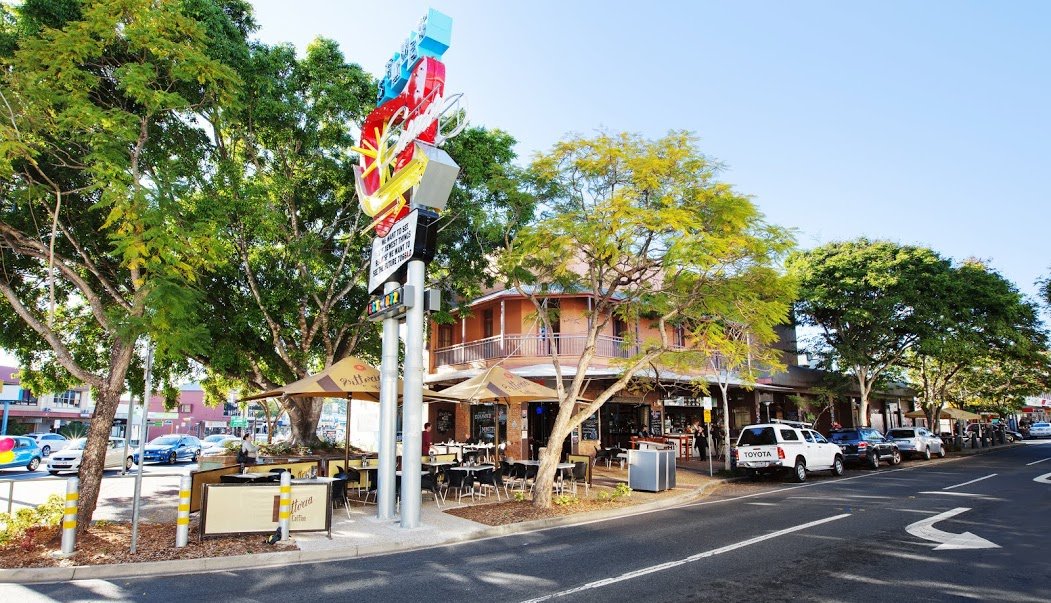The shortage of skilled workers across Australia is crippling a hospitality industry still heavily impacted by COVID, with the Australian Hotels Association (AHA) calling for the sector to be immediately listed as a ‘critical sector’ by Government.
AHA CEO Stephen Ferguson appeared before the Senate Select Committee on Temporary Skilled Migration, warning the lack of international students, working holiday makers and skilled visa holders was at critical levels.
Mr Ferguson said while the first preference was always to hire Australian workers in hotels, it was proving impossible in many areas, particularly in regional Australia.
“Our number one first priority is to hire Australian workers – there’s no doubt about that, it always will be,” he said.
“But the reality is the local workers wanting to do jobs like chefs and front line staff simply aren’t there in many areas and we need to turn to overseas workers to fill the gap."
In a recent AHA survey, 73% of respondents reported their businesses were suffering because of a shortage of skilled workers, more than 66% needed chefs.
Tourism Accommodation Australia (TAA) head Michael Johnson also appeared and said, “Across NSW alone, TAA estimates a labour shortage in accommodation hotels of more than 3200 workers right now."
“To be clear, we need to find ways and means of getting international students and working holiday makers back into Australia to fill positions which can’t be filled locally.”
AHA and TAA assert that a number of measures to be introduced to combat the shortage, including that:
- Cooks and chefs to be added to the Priority Migration Skilled Occupation List
- Hospitality (including accommodation) to be listed as a critical sector for the purposes of the subclass 408 Temporary Activity Visa.
- International students working in hospitality to be permitted to work more than 40hrs per fortnight.
- WHM VISA holders working in tourism to be able to work for the same employer for more than six months in rural and remote areas of Australia.
- Enable pathways for permanency for temporary skilled workers currently in Australia.
As COVID abates in Australia, vaccinations roll out and restrictions are lifted, the urgency to fill these gaps will only increase.
Share the content










